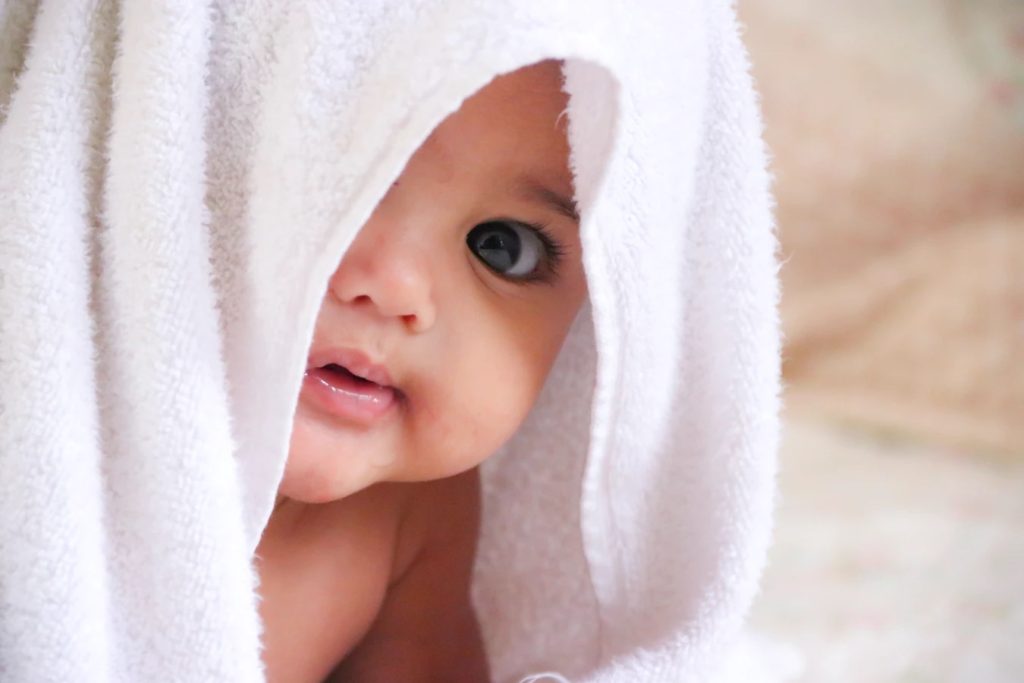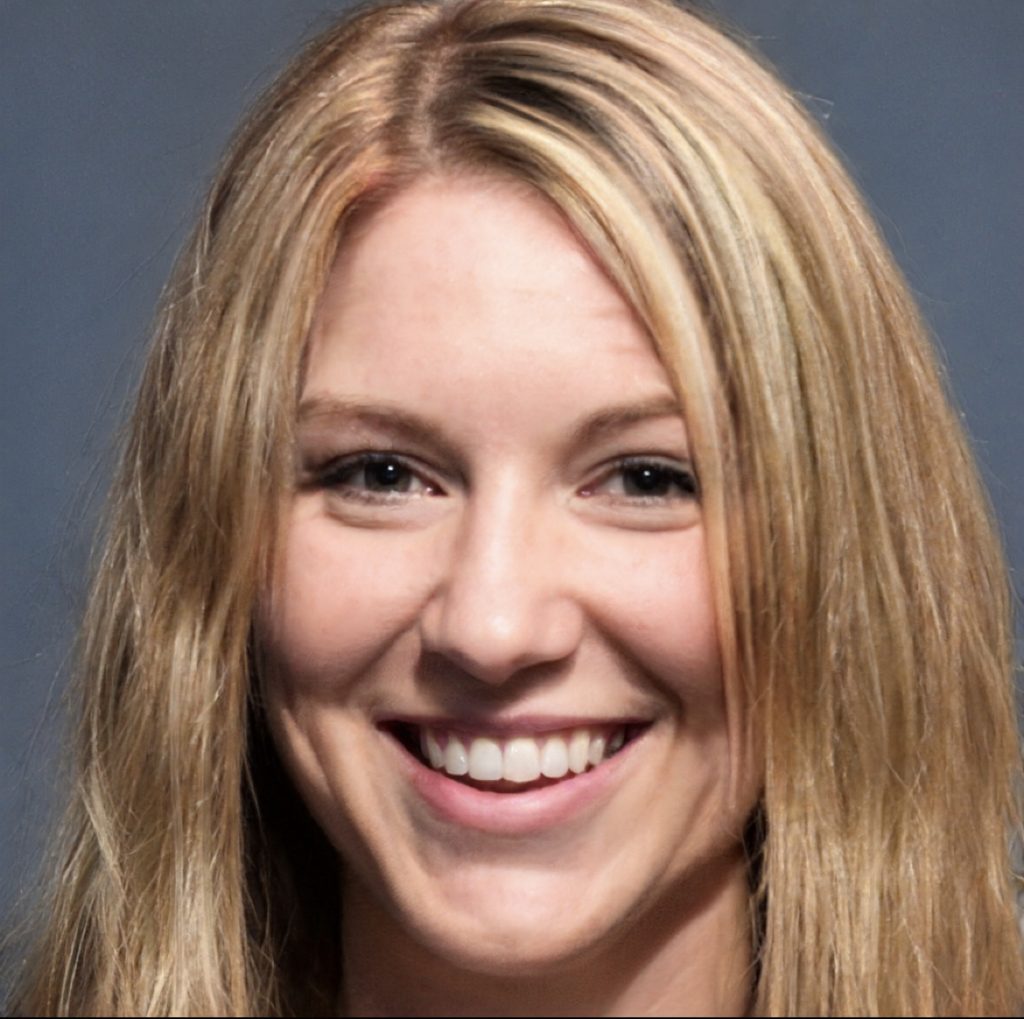
New moms are often the recipients of a variety of advice from friends, family, social media, and the internet. Despite the good intentions of most people, breastfeeding attracts heated debates, misinformation, and confusion more than any other topic.
There are many breastfeeding myths and old wives tales about breastfeeding that are spread in the media that have no scientific support or even a logical explanation. To get to the truth about breastfeeding, you usually have to sift through so much misinformation.
Let us help you! The real facts and myths about breastfeeding are included below.
Can you breastfeed your baby with small breasts?
There’s no need to worry about size! It doesn’t matter how big your breasts are if your body can still produce milk.
Let’s start by looking at some breast anatomy facts. The size of the breast is determined by both the amount of milk-producing glandular tissue and the amount of fatty tissue. A second benefit of breastfeeding is that hormonal stimulation increases the amount of milk produced with the baby’s demand. Quite smart – the baby chooses how much milk to produce and the breast size does not affect the amount of breast milk produced.
Breastfeeding sessions with a baby are more effective when they are more frequent and more often. Although stress, fatigue, and depression can impact milk production, a woman’s breast size is not one of them.
The capacity of the breast to store milk may vary from woman to woman, so your baby may nurse less frequently or more frequently based on the amount of milk stored. You will continue producing breast milk as long as you are draining your breasts effectively.
Do I need to drink milk to breastfeed?
I apologize to milk lovers, but drinking milk is not required to produce breast milk. It doesn’t hurt though.
A mother’s ability to produce breast milk is influenced by her ability to drain breast milk from her body. As with all supply and demand situations, you have to keep your eyes open. As your baby’s appetite changes, your breasts will increase or decrease production.
The main ingredient in making human milk is water. So, while you do not need cow’s milk to make human milk, make sure you drink plenty of water while breastfeeding.
Does breastfeeding always hurt?
Some women experience discomfort when attempting to get the baby to latch on to the nip, but breastfeeding does not have to be painful.
There are some moms who do comment regarding how “different” feeding feels on the first few occasions, but you shouldn’t be surprised, as it is likely you have never felt a liquid coming through the milk ducts and out your nipples before.
Often, challenges arise from the infant rather than from its mother. It is not always the mother’s fault that the baby cannot latch properly, so mothers should avoid assuming it is her breast milk production or her breastfeeding that is the problem.
Can breastfeeding lead to obesity?
The causes of obesity are complex and include genetics, environmental factors, as well as social and psychological factors.
As a result of consuming too many calories, over a long period of time, the disease develops. The glucose (the fuel our bodies use) in our blood can actually damage our cells at high concentrations, so our bodies store it as glycogen in fat and adipose tissue.
Overeating leads to adipose tissue accumulating glycogen, the cells growing bigger, and we gain weight. Diabetes can result from this, but not always. Infants breastfeed frequently, usually between four and thirteen times a day, according to research however there is no evidence that breastfeeding regularly correlates to obesity later on in life.
In practice, this simply means letting go of the notion that babies will eat when they are hungry or need energy, not always when we want them to. Known as “cue-based feeding”
Should you breastfeed with both breasts?
As your baby’s needs change, so does the amount of milk your breasts make. There is no need to worry if the baby drinks from both breasts at every single feeding if you go too long without nursing from one breast.
There are published studies showing that 30% of babies take just one breast, 13% take both breasts, and 57% mix it up when it comes to breast preference, while breastfeeding is considered “normal” by researchers.
Can you breastfeed when you are sick?
What’s true: Despite feeling ill, breastfeeding can still be extremely healthy and safe for babies.
Breastfeeding actually benefits you because your baby is likely to contract the same cold or flu that you have, so your mature immune system has an easier time acquiring the antibodies and leukocytes needed to fight it than hers. Your breast milk carries these antibodies and leukocytes. Isn’t this an ingenious idea?
Basically, breastfeeding mothers can take any medication as long as there is none that is unsuitable for breastfeeding (check with your doctor and pharmacist to make sure they are aware of your breastfeeding).
Can you breastfeed after 12 months?
What’s true: Over time, breast milk does not become less nutritious. The composition of breast milk changes as you breastfeed, but this is simply an indication of how your milk is continuing to fulfill your baby’s needs as he grows.
It’s important to keep in mind that a baby’s systems consistently develop over time, not just in six months or a year, so breastfeeding should help nourish those developing systems.
At six months, you should become a mother of a girl, because complementary foods are becoming more and more important to breastmilk. Breast milk alone can no longer meet your baby’s nutritional/calorie needs.
The entire time you continue to give your baby breast milk, your baby will continue to receive protection and nutrition from your breast milk. Children’s immune systems evolve over years, so this is essential. Over 10 years of age is when some parts will be fully developed!

